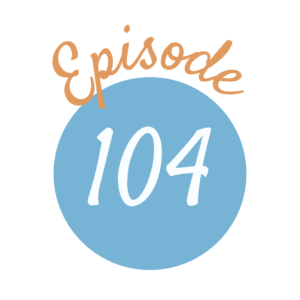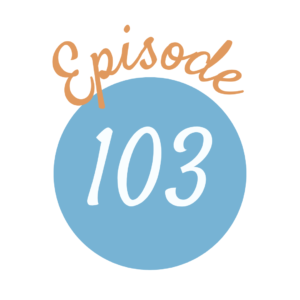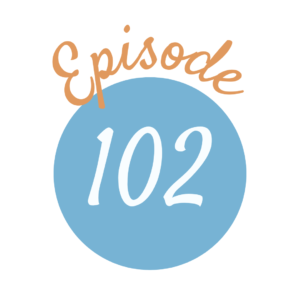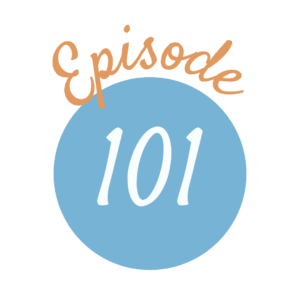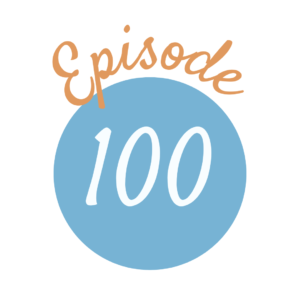 This week’s podcast episode discusses Mason’s purpose for music in her curriculum feast. before the “non-musical” teachers ignore this subject for school, let us carefully explore why so much music training, appreciation, and practice is included–for the children’s sake.
This week’s podcast episode discusses Mason’s purpose for music in her curriculum feast. before the “non-musical” teachers ignore this subject for school, let us carefully explore why so much music training, appreciation, and practice is included–for the children’s sake.
Listen Now:

“Does it, or does it not, make any appreciable difference to a baby to be in a home where music is part of the every-day life, where it is put to sleep with simple songs, where cheerful little musical games are introduced in their natural place, where it is led to find rhythmical expression in dances and songs, and where it hears much beautiful sound which it docs not attempt to account for or understand ? I think that all teachers of experience will agree that it does make an enormous difference, and that it is possible to pick out from a roomful of children, by their very bearing, those who come from homes where music exists.” (Holland, “Music as an Educational Subject” Parents’ Review)
“Some of the most important habits for a child to acquire, are (1) observation ; (2) concentration ; (3) imagination ; and (4) reasoning. … [and Music] trains simultaneously, as no other single subject does, ear, eye, and hand, it awakens and naturally develops the imagination, and insists upon concentration and reasoning.” (Holland)
” Music is the language of the soul, but it defies interpretation. It means something, but that something belongs not to this world of sense and logic, but to another world, quite real, though beyond all definition. … Is there not in music, and in music alone of all the arts, something that is not entirely of this earth ? Whence comes melody ? Surely not from anything that we hear with our outward ears and are able to imitate, to improve, or to sublimise. . . . Here if anywhere, we see the golden stairs on which angels descend from heaven and whisper sweet sounds into the ears of those who have ears to hear. . . .” (Holland)
“Training of the Ear and Voice is an exceedingly important part of physical culture, which began with basic enunciation, and French lessons. She also pointed out that that every child may be, and should be, trained to sing through carefully graduated ear and voice exercises, to produce and distinguish musical tones and intervals.” (Vol. 1, p. 133)
“If possible, let the children learn from the first under artists, lovers of their work: it is a serious mistake to let the child lay the foundation of whatever he may do in the future under ill-qualified mechanical teachers, who kindle in him none of the enthusiasm which is the life of art.” (Vol. 1, p. 31)
“Intelligent love of music is one of the great joys and privileges of life, but it is denied to quite half the community, and I would argue that the cultivation thereof is in its way quite as important as technical instrumental instruction, as it is one of the greatest factors in elevating mankind.” (A Musical Baby, Mrs. Glover, Parents’ Review)

The Child Pianist–Teacher’s Guide (Curwen Method)
Listener’s Guide to Musics, Scholes
Second Book of Great Musicians, Scholes
*The Planets, Sobel
The Growth of Music, Colles
Elements of Music, Davenport
Studies of Great Composers, Parry
Enjoyment of Music, Pollitt
Musical Groundwork, Shera
(*Affiliate Links)

Episode 74: Singing
Episode 76: Drill and Physical Training
Episode 34: Composer Study
Heidi Buschbach’s Articles on CMP (Here and Here)
Sabbath Mood Homeschool’s Middle School Astronomy Guide
